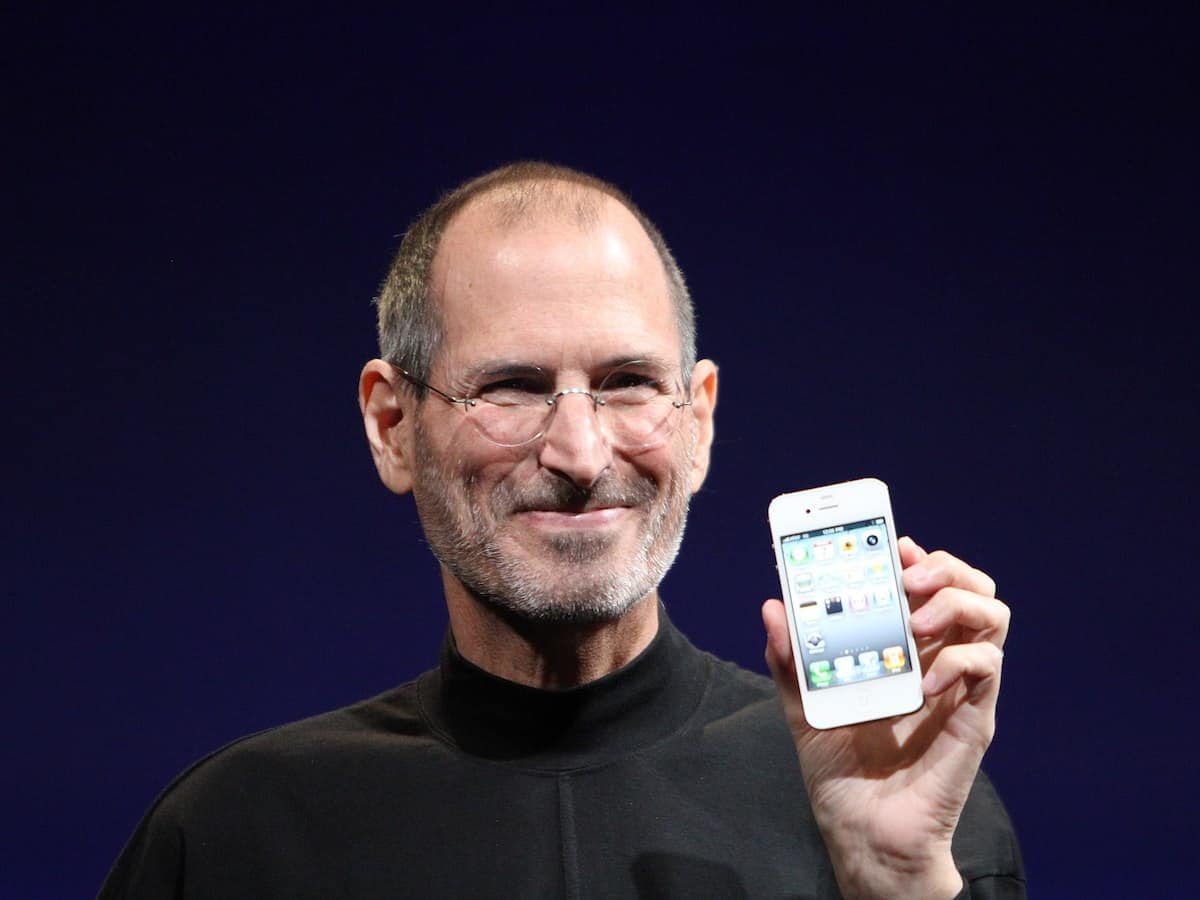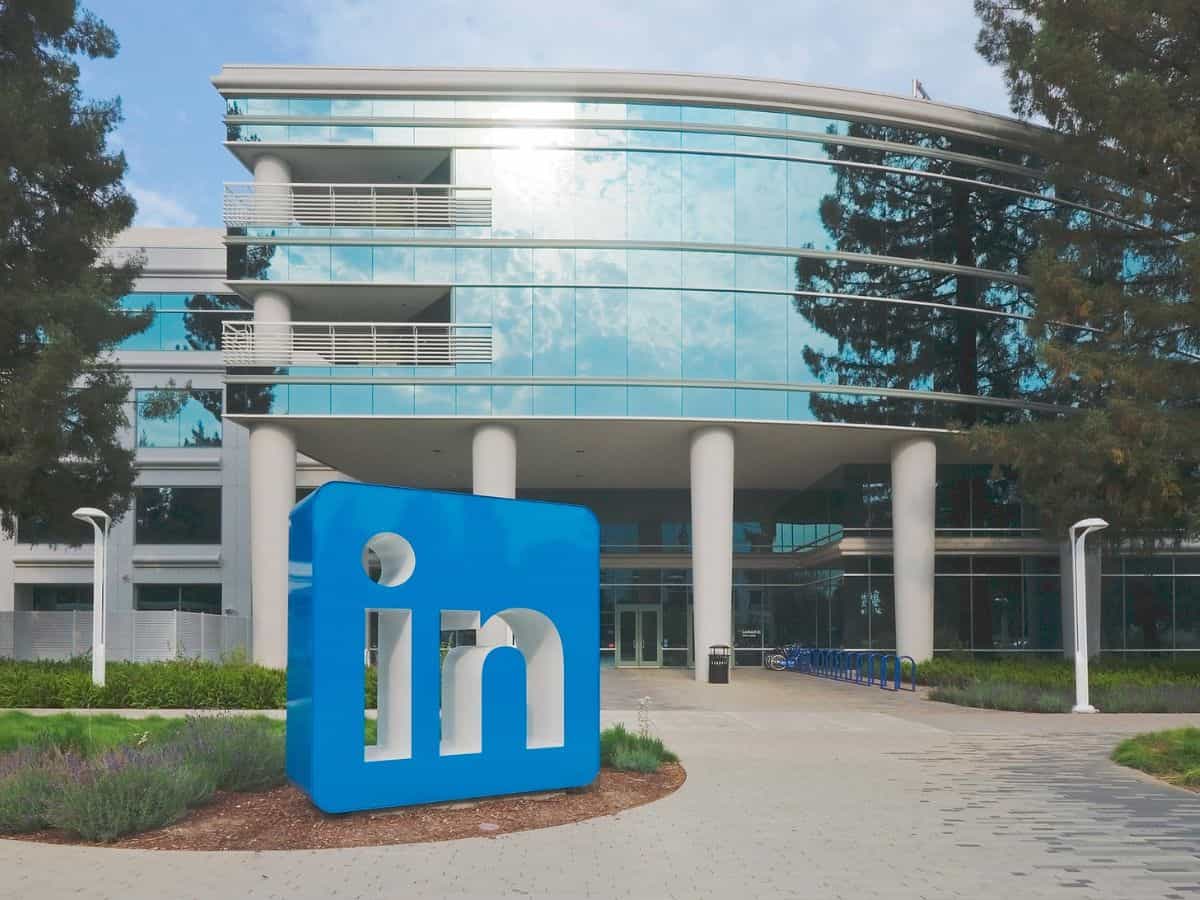Calibrate Candidates with Pre-References
In many cases, the reference-checking process consists of calling names given by the candidate. Those references are often anything but objective. No candidate in his or her right mind would direct you to a hiring executive reference who was unhappy with the candidate’s work.
References Checks Are Unreliable
References selected by the candidate inevitably put the most positive spin on a candidate’s track record, skills, and abilities. In essence, by relying upon the candidate to provide you with references, you have willingly put on a pair of rose-colored glasses through which you are asked to view the candidate. Yet, there is a better way to conduct candidate calibration.
That better way is described by Guy Kawasaki in an article entitled 10 Ways to Use LinkedIn. Guy is now Chief Evangelist at Canva and was the founder and managing director of Garage Technology Ventures, an early-stage venture capital firm.
Buried in the middle of his list was the following advice:
“Perform blind, ‘reverse,’ and company reference checks . . . Your search will find the people who worked at the company during the same time period. Since references provided by a candidate will generally be glowing, this is a good way to get more balanced data.”
Guy Kawasaki, Chief Evangelist, Canva
How to Conduct Pre-References
Mr. Kawasaki believes we should calibrate candidates early. He is suggesting that we conduct back-channel references before conducting the formal ones. You conduct research aimed at finding people who worked at the same former employer during the same time period as a candidate and then reach out to that person in confidence.
At the beginning of the conversation, you ask the pre-reference for referrals for the position you want to fill to see if the pre-reference recommends the candidate without prompting. If not, without signaling that the person is a candidate, you casually ask the pre-reference whether they’ve heard of the individual.
In preferencing, do 3 things to ensure that the pre-reference doesn’t get back to the candidate or his employer. If word that the candidate is actively interviewing ever gets back to his employer, it could result in the loss of his job. So, you must be extremely adept at the following:
- Explaining your inquiry, indicate that the person’s name has come up in conversation or has been recommended to you. You do that to shield the candidate. Do not indicate that the candidate is being interviewed.
- State that you make it a practice to obtain several independent calibrations before approaching a candidate. This second deflection is designed to protect the candidate. It suggests you may not reach out to them at all if you don’t get three positive calibrations. It also implies the person is not currently interviewing with you.
- Reassure the pre-reference that our conversation will be held in the strictest confidence and ask that person to agree to keep your discussion confidential. Pause and wait for the person to say that he agrees out loud, “I will not mention our conversation to anyone.” In 2 decades of recruiting, that has worked every time.
To encourage the person to speak candidly, explain that whatever they say — whether positive or negative or some combination — will weighed alongside other sources of information. In other words, their comments alone will not eliminate a candidate from consideration and will not ensure the candidate will move forward. Then ask about the candidate’s performance and whether the pre-reference would recommend that person and why.
A Bad Reference is One Data Point
A bad reference is but one data point. In the past, I have received negative pre-references and determined that they were immaterial to the search we were conducting.
For example, one senior executive we were considering for the role of CEO was a woman who had clashed with another senior executive — our pre-reference — at a former job. Basically, he hated her.
Other pre-references were wildly positive about the candidate and had only good things to say. We disclosed the good and not-so-great references to our client. Our client thanked us for the transparency and did not find the negative pre-reference disqualifying. The executive’s track record of success was far more important.
Make Pre-References a Best Practice
The best recruiters I know pre-reference candidates. It provides critical insights that inform the interview process for candidates who move forward as candidates. Pre-references make search smarter. Pre-references also keep you and the executive team from finding out far too late in the game that the candidate won’t pass muster. You do not want to waste your time with a candidate who interviews well only to discover at the offer stage that the leader is not hire-worthy. Pre-referencing avoids getting your hopes up only to discover that the candidate is racist or sexist or the master of microaggressions. That would be very, very bad. So, let’s nip it in the bud, shall we? Calibrate candidates early. You’ll be glad you did.
Of course, if you’d like more tips on executive search research, check out, How to Crush Candidate Sourcing. It is one of our most popular posts.


